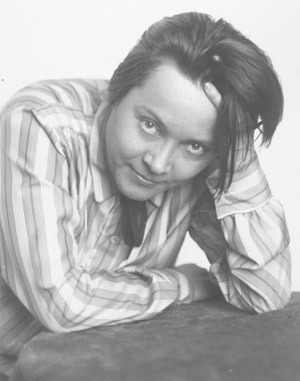

Asja Lacis is one of the most important theater practitioners of the 20th century, her work in developing children’s theater as a force of conscientização for proletarian, homeless, and “vagrant” children was completely groundbreaking and, in my opinion, throws into question the entirety of elementary education/ young children’s education in the last hundred and fifty years.
Alongside Walter Benjamin, she created a theater which argued not only for its own value but for the very personhood and dignity of children. Her programs for proletarian children’s theater didn’t just exist to enforce some vague bourgeois value that art is inherently good, or civilizing, or that education and art will lift people out of poverty, or make them more virtuous in some way. Rather, she believed that theater was a form of play that allowed children, particularly proletarian children, to observe, understand, and respond to their own worlds and experiences. Rather than forcing children to memorize and perform something imposed by adults, whether theatrical or educational, Lacis’ theater education encouraged proletarian children to improvise, invent, and discover their own experiences at the age at which the discovery is newest, most raw, and most important.
Benjamin wrote of Lacis’s work:
"Economically, the theater of the modern bourgeoisie is determined by the profit motive; sociologically, both in front of the curtain and backstage, it is primarily an instrument of sensation. The proletarian children’s theater is quite different. Just as the first action of the Bolsheviks was to hoist the Red Flag, so their first instinct was to organize the children. In this organization the proletarian children’s theater, the basic motif of Bolshevist education, has a central place. There is a way of cross-checking this. In the view of the bourgeoisie, nothing presents a greater danger to children than the theater. This is not just a vestige of the old bogey—the myth of traveling actors who steal children. What we find expressed is the fear that the theater will unleash in children the most powerful energies of the future. And this fear causes bourgeois education theory to anathematize the theater. We may easily imagine how it would react once the fire came too close—the fire in which, for children, reality and play coincide and are fused so that acted sufferings can merge with real sufferings, acted beatings can shade into real beatings."